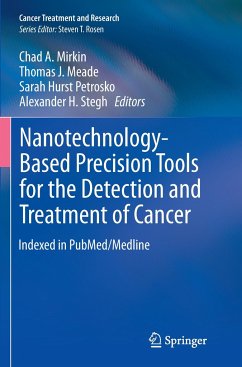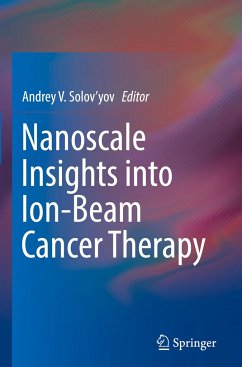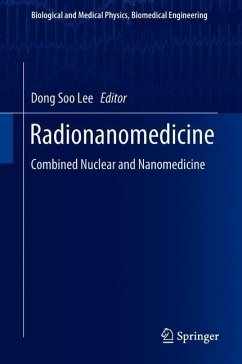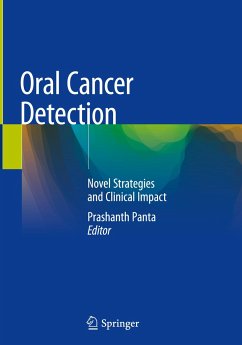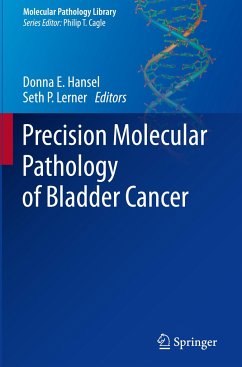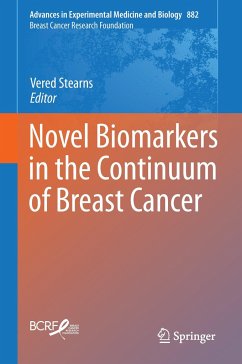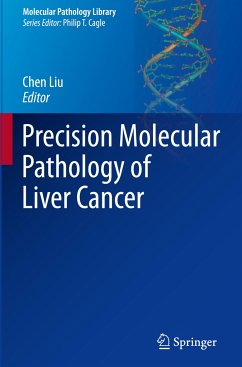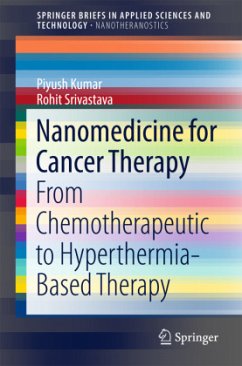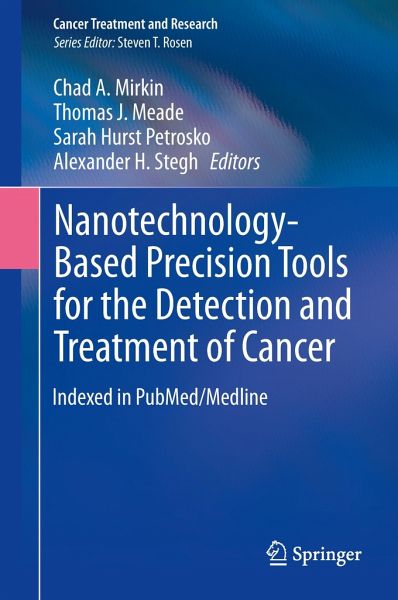
Nanotechnology-Based Precision Tools for the Detection and Treatment of Cancer

PAYBACK Punkte
38 °P sammeln!
This book discusses emerging nanotechnology-based tools that have the potential to dramatically impact cancer research, diagnostics, and treatment. Cancer is a complex, devastating, and debilitating disease and, although much progress has been made, novel, more effective diagnostic and treatment options are still needed, especially for advanced cancers. The ultimate goal is to detect cancer early and non-invasively and to provide efficacious and targeted precision treatments that cause fewer harmful side effects. This book explains how nanotechnology can exploit the size-, shape-, and composit...
This book discusses emerging nanotechnology-based tools that have the potential to dramatically impact cancer research, diagnostics, and treatment. Cancer is a complex, devastating, and debilitating disease and, although much progress has been made, novel, more effective diagnostic and treatment options are still needed, especially for advanced cancers. The ultimate goal is to detect cancer early and non-invasively and to provide efficacious and targeted precision treatments that cause fewer harmful side effects. This book explains how nanotechnology can exploit the size-, shape-, and composition-dependent properties of nanomaterials to provide novel tools for precision cancer medicine. It will be of interest to researchers and professionals working in the fields of chemistry, biology, materials science and engineering, and medicine who want to learn more about this fascinating and fast-paced area of research.





